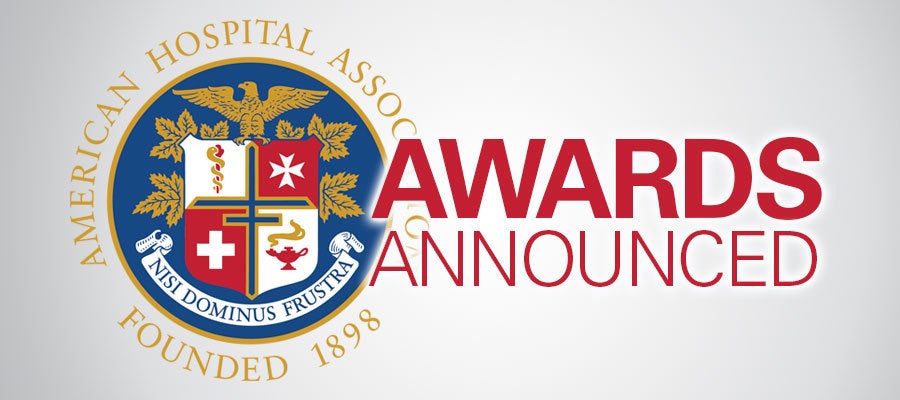
As urged by the AHA and other groups, the Department of Health and Human Services announced that it is extending the deadline by which hospitals and other providers that received Provider Relief Fund money after June 30, 2020, must use their COVID-19 PRF payments.






